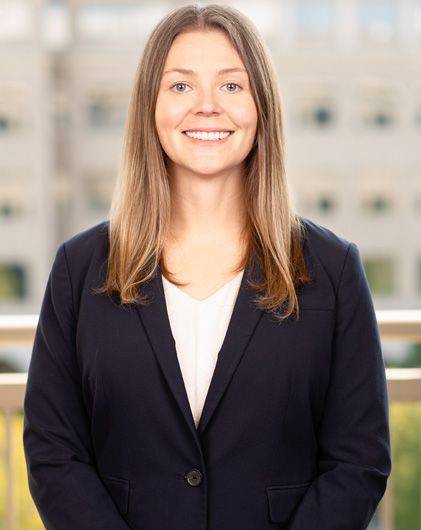Evolving NIL Rights: North Carolina's Student-Athletes Gain Ground
North Carolina student-athletes’ ability to profit off of their name, image, and likeness (NIL) is continuing to evolve due to recent litigation.
High School Developments
The ban prohibiting high school student-athletes in public schools from entering into NIL agreements cannot be enforced by the North Carolina State Board of Education, after Wake County Superior Court Judge Graham Shirley, II, granted a preliminary injunction on October 1, in the case of Rolanda Brandon, on behalf of F.B., a minor v. North Carolina State Board of Education.
While the Board has authorization to adopt rules governing high school athletics at public schools and has adopted rules related to the use of a student’s NIL, Judge Shirley’s ruling held that that authorization does not permit the Board to prohibit student-athletes from entering NIL agreements.
The preliminary injunction not only prevents the Board from enforcing 16 N.C.A.C. 6E.0208(b), but also accelerated implementation of the Board’s Proposed Permanent Rule (16 N.C.A.C. 6E.0211) by putting it into immediate effect across the state. The Proposed Rule is slated for permanent implementation on July 1, 2025. Section .0208(b), which cannot be enforced under the preliminary injunction, states:
No student participating in interscholastic athletics shall enter into any agreement to use the student’s name, image, or likeness in any of the following ways:
- Public appearances or commercials.
- Autograph signings.
- Athletic camps and clinics.
- Sale of non-fungible tokens (“NFTs”).
- Product or service endorsements.
- Promotional activities, including in-person events and social media advertisements.
The preliminary injunction is temporary and will only remain in effect until one of the following occurs: (a) the Board shows the court a new rule that is substantially similar to the current proposed rule, (b) the Board’s proposed rule goes into permanent effect, or (c) superseding legislation is passed and effective. Regardless of the necessary adjustment, the ruling is indicative of the increased trend to permit student-athletes, even those in public schools, to profit off their NIL. Proposed Section .0211, as currently effective pursuant to the preliminary injunction, varies significantly from Section .0208.
Proposed Section .0211 explicitly permits public high school students to enter NIL agreements with specific limitations. Under the proposed rule, public high school students are explicitly permitted to enter NIL agreements, but must adhere to specific parameters. Some of those parameters prohibit students from entering NIL agreements involving the promotion of alcohol, tobacco, drugs, weapons, or gambling and appearing in their school’s uniform while engaged in an NIL agreement-related activity. The Proposed Rule also prohibits an athletic director, coach, or booster club representative from promising a student an NIL agreement for recruitment purposes.
A public hearing on the Board’s proposed rules, including Section .0211, is scheduled for November 8. This hearing is part of the administrative rulemaking process the Board is required to comply with before it can permanently adopt any new rule.
College Developments
For college student-athletes, the most recent NIL compensation update came with preliminary approval of the settlement agreement in House v. NCAA on October 7.
The settlement agreement seeks to distribute approximately $2.78 billion in damages to be paid out to thousands of college student-athletes. It will also allow colleges and universities to directly pay student-athletes a portion of the revenue they generate from playing sports going forward. Specifically, schools will be permitted to share up to $22 million annually, an amount equal to 22% of the average Power Four school’s athletic department revenue.
The preliminary approval means, for eligible current and former NCAA athletes, an opportunity to receive and review the settlement terms and file a claim for money owed for the use of their NIL by January 31, 2025.
Notably for North Carolina, the Atlantic Coast Conference (ACC), headquartered in Charlotte, North Carolina, is a party to the preliminary settlement agreement. A hearing for final approval of the settlement is currently scheduled for April 7, 2025. If approved in April 2025, the settlement in House will not address questions related to college athletes’ status as non-employees.
Overall, changes to NIL rules for both high school and college student-athletes in North Carolina bring opportunities and challenges. Understanding these developments and securing appropriate legal services is key to navigating this evolving industry.
Please contact Maeve Healy or any member of the Phelps Litigation or Media, Sports and Entertainment team if you have questions or need advice or guidance.


